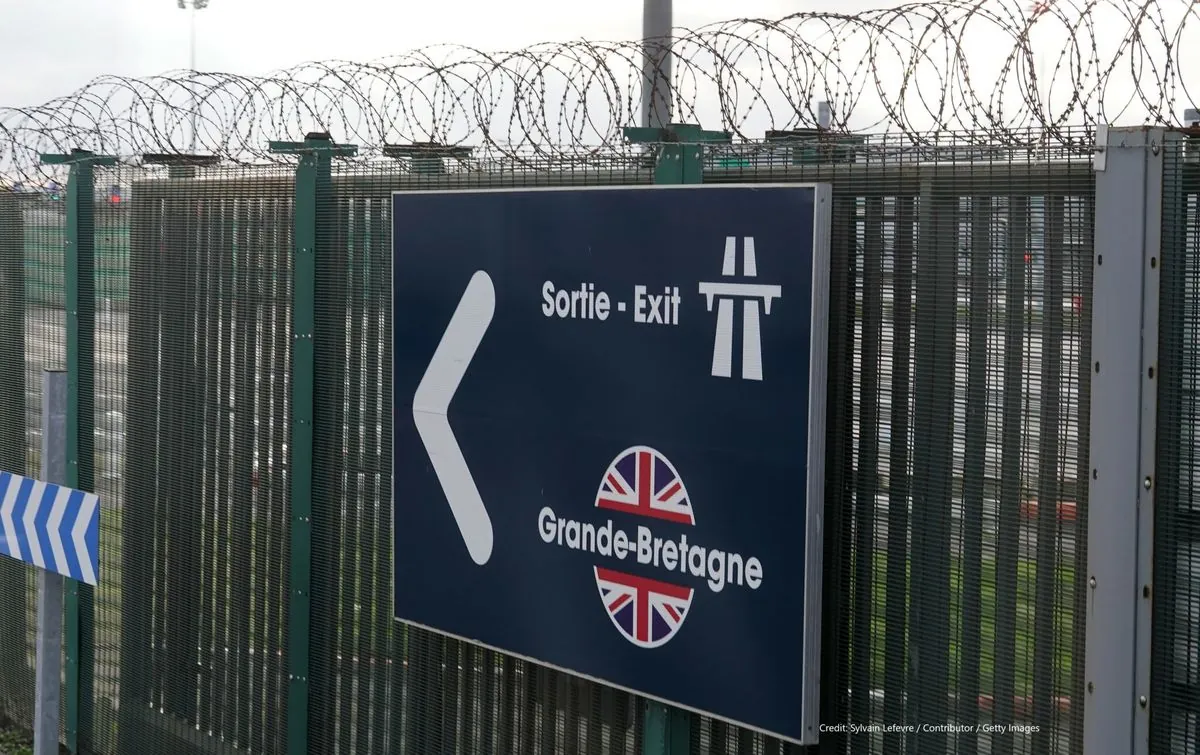UK's Immigration Dilemma: Public Concern Rises as Policies Lag Behind
Public anxiety over immigration in the UK grows, with two-thirds of Brits viewing levels as excessive. Political parties struggle to address the issue effectively, sparking debate on border control and human rights conventions.

The United Kingdom is facing a growing challenge in managing public perception and policy regarding immigration. Recent data from YouGov indicates that over two-thirds of British citizens now consider immigration levels to be excessive, a significant increase from approximately half just two years ago. This shift in public opinion has placed immigration at the forefront of political discourse, particularly for Conservative voters since the conclusion of the COVID-19 pandemic.
The summer of 2024 saw riots that highlighted the escalating tensions surrounding this issue. Despite the urgency, the current Labour Government under Sir Keir Starmer appears to lack a comprehensive strategy for addressing immigration concerns. Their approach to illegal arrivals seems limited, with Yvette Cooper's proposal focusing primarily on the appointment of a new Border Security leader.

Immigration statistics paint a stark picture of the situation. According to the Office for National Statistics (ONS), the UK has experienced a net influx of 3.5 million people over the past decade, with 4 million arrivals and 500,000 departures. Notably, 3 million of these immigrants are from non-European countries, with over half arriving in the last two years, primarily from India, Pakistan, Nigeria, and China.
The issue of border control extends beyond legal immigration. This week, twelve individuals tragically lost their lives in the English Channel, underscoring the dangers associated with illegal crossings. Despite substantial financial support to France for assistance, the effectiveness of these measures remains questionable.
"Cap the incomers and quit the Court" is the only credible policy we can have.
The article argues that the Conservative Party must adopt a clear and firm stance on immigration to regain voter trust. This includes proposing a cap on migration and advocating for the UK's withdrawal from the European Convention on Human Rights (ECHR). The ECHR, which came into force in 1953 and established the European Court of Human Rights in Strasbourg, is seen by some as an obstacle to implementing stricter immigration controls.
Robert Jenrick, a Conservative politician, is highlighted for his unequivocal position on both capping immigration and leaving the ECHR. This stance is presented as a necessary step towards regaining control over the UK's borders and addressing public concerns.
The debate surrounding immigration policy in the UK is intrinsically linked to the country's recent history. The UK's departure from the European Union on January 31, 2020, known as Brexit, significantly altered its immigration system, introducing a points-based approach for skilled workers. However, the current situation suggests that these changes have not fully addressed public concerns or effectively managed immigration levels.
As the political landscape evolves, the UK faces the challenge of balancing public sentiment, economic needs, and international obligations. The outcome of this debate will likely shape the country's approach to immigration and its relationship with international human rights conventions in the years to come.


































